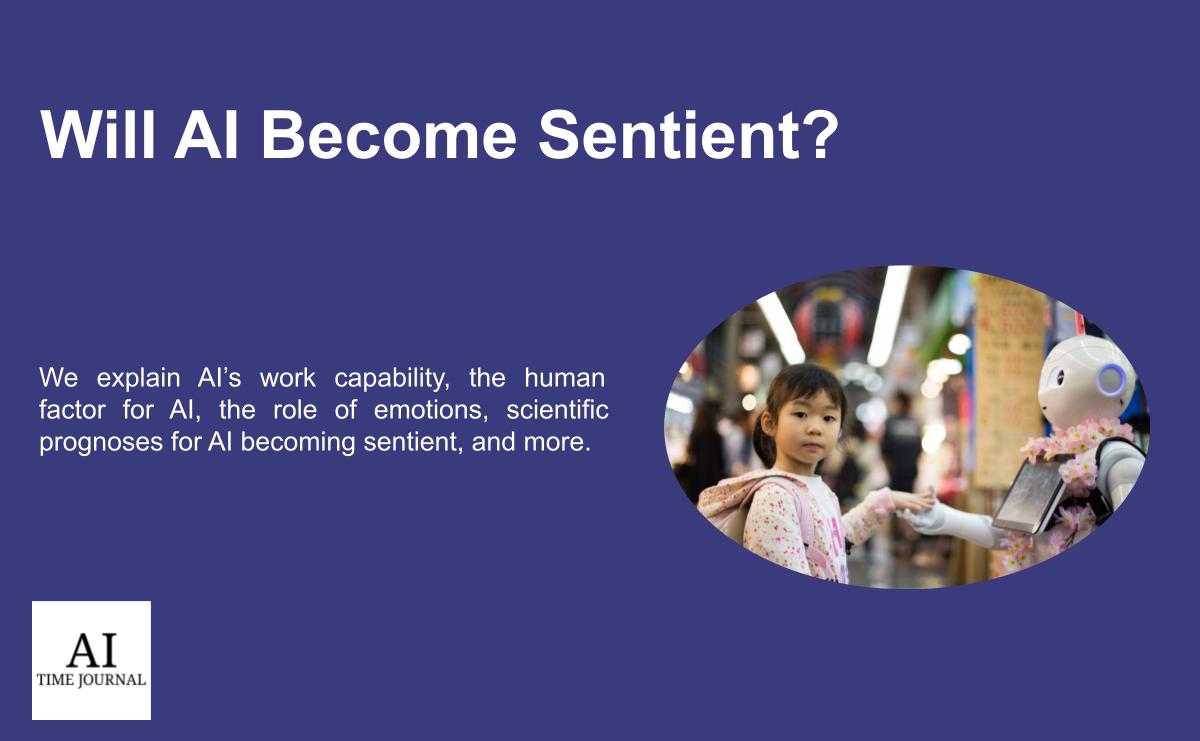
In the modern world, Artificial Intelligence (AI) actively penetrates every sphere of people’s lives, from healthcare to business. We watch this technology’s rapid growth and wonder whether it will affect our lives. Many fear that AI can potentially take their working places away, while others hope that this technology is not as powerful as described.
Many scientists make prognoses about the future of AI. Some scientists believe that AI will never be able to conquer the human brain, and some suppose that AI will possess almost all human-like abilities in the nearest future. For instance, Ray Kurzweil claims that computers will reach the same level of intelligence as humans by 2029.
Currently, AI possesses some qualities we thought it never would. For instance, not so long ago, we thought creativity was a characteristic trait AI would never be able to have. However, thanks to Generative Adversarial Networks (GANs), AI is now capable of generating creative images. To learn more about GANs, read this AITJ article: How AI Benefits Fashion Retail.
Is it then possible that AI will overtake other skills related to our human nature and become sentient? It is quite hard to give an exact answer to this question. However, some scientists believe that AI is potentially capable of mimicking some emotions. If you want to learn more about how AI will affect people’s lives, you can read this AITJ article: How Is Artificial Intelligence Going to Shape the Future?
Humans VS AI
In terms of work capability, speed, and efficiency, AI has several advantages over humans. Machine learning (ML) methods help process larger volumes of information much faster than a person would do manually. For instance, AI can recognize images, various data elements, and objects in unstructured datasets. On the other hand, a human would need weeks or even months to process this amount of information.
Moreover, AI and data work closely together. AI’s capabilities, such as recognizing and understanding natural language, identifying types of data, or finding and establishing connections between large datasets, allow it to automate processes and streamline the execution of many tasks.
Therefore, in the case of working with data or analyzing information, AI has already won an advantage over humans. However, AI’s technical capabilities do not mean that the technology is sentient.
The Human Nature
To become sentient, AI will need to adopt several human-nature-specific traits, including:
- The ability to think independently
- Leadership skills
- Creativity
- Team Work Skills
- Conflict Resolution Skills
- Interpersonal Skills
To find out more about the specific skills that are people’s advantage, you should read this AITJ article: 4 Skills to Succeed in a World Dominated by AI.
Sentience cannot be reached without AI-powered robots imitating people’s qualities. Soft skills are what distinguishes us from robots, drones, and other modern technologies, including AI. For example, leadership is connected with adaptability. Good leaders analyze their actions, results, and failures to learn from them and develop a better strategy for their organization. However, currently, AI can only perform data-driven decision-making.
Moreover, I presume that AI-powered leaders will not succeed without compassion, helpfulness, and result-oriented decision-making. One of the greatest examples of a compassionate leader is Gandhi whose character traits (e.g. persistence, defiance, politeness, and humbleness) allowed him to gain many followers.
In the case of modern technologies, AI can absorb standard answers and train on how to act in specific situations, but in the nearest future, it will hardly be able to develop such skills as adaptability and compassion.
Emotions
Although the definition of sentience is not empirically proven, I believe that feelings, emotions, and sensations are the core points that define the sentience of a subject. To become sentient, AI would need to learn to think, perceive, understand, and feel rather than only use natural language and conduct data analyses.
As mentioned earlier, AI can be trained to react to specific situations using natural language. However, the ability to introduce feelings and emotions to AI is doubted by many scientists. The issue concerning compassion was discussed in the previous section.
In addition, teamwork is an important part of the working culture for many companies. It requires such skills and qualities as politeness, tolerance, communication skills, negotiation, and leadership. As such, without emotions and these skills, AI-powered robots and machines cannot build the teamwork process correctly. Moreover, without feelings, AI cannot have and utilize soft skills, which makes this technology ineffective in roles requiring communication, leadership, and adaptability.
Scientific Prognoses
Scientists share different opinions about the possibility of AI becoming sentient. Some presume that, with proper research on how people’s bodies and brains work, it will be easier to adapt AI to our brain’s functions. For example, Ray Kurzweil believes that the human body consists of numerous programs. If we manage to understand all of them, we might be able to create a sentient AI system.
Other scientists oppose this opinion and think that the human brain is not just a number of algorithms that can be examined and used to program other subjects. Moreover, they state that even if AI could be adjusted to the abilities of the human brain, it still would not provide consciousness.
A real example of the controversy of this question is Google’s chatbot generator called LaMDA. An engineer from Google who had tested this chatbot for several months concluded that this program is already conscious. The statement was based on the fact that the program gave adequate answers to the questions about its dreams, plans, thoughts, etc.
However, Google dismissed the engineer’s point of view about LaMDA becoming sentient. Many scientists believe that it is unlikely that the program is almost conscious. Hence, they do not believe that AI will become sentient in the near future.
